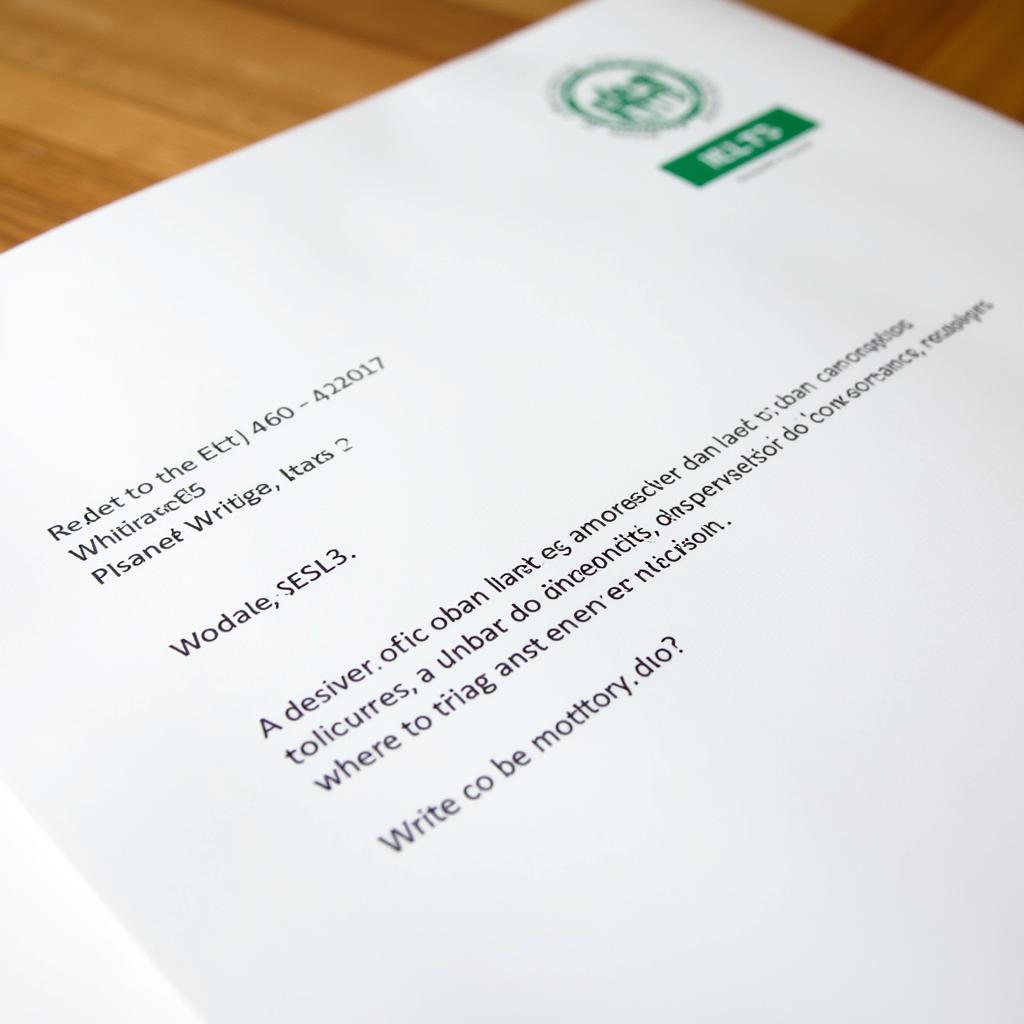Urban planning and environmental conservation represent a significant theme in IELTS Writing Task 2, appearing frequently in recent years. This topic’s relevance continues to grow as cities worldwide grapple with Balance economic development with sustainability?. Based on analysis of past IELTS exams, this theme appears approximately once every 4-6 months in various forms.

Sample Question Analysis
Some people believe that urban planners should prioritize environmental conservation when designing cities, while others argue that economic development should be the main focus. Discuss both views and give your own opinion.
This question requires candidates to:
- Examine both perspectives on urban planning priorities
- Provide relevant examples and supporting evidence
- Present a clear personal stance
- Maintain a balanced discussion
Band 8.5 Sample Essay
Modern cities face the challenging task of balancing development with impact of green spaces on city life. While some advocate for environmental preservation as the primary consideration in urban planning, others prioritize economic growth. This essay will examine both perspectives before presenting my own viewpoint.
Those who emphasize environmental conservation argue that protecting natural ecosystems within urban areas is crucial for long-term sustainability. For instance, Singapore’s Gardens by the Bay demonstrates how incorporating green spaces into city planning can create a harmonious blend of nature and infrastructure. Moreover, environmentally conscious urban design can mitigate climate change impacts through reduced emissions and improved air quality.
Conversely, proponents of economic development contend that cities must prioritize commercial growth to provide employment and improve living standards. They point to examples like Shenzhen, which transformed from a fishing village into a global technology hub through aggressive urban development. This approach has lifted millions out of poverty and created numerous opportunities for innovation and progress.
In my opinion, the most effective urban planning strategy integrates both environmental and economic considerations. Cities like Copenhagen have successfully implemented importance of green rooftops in urban areas, while maintaining robust economic growth. This balanced approach ensures sustainable development without sacrificing either environmental preservation or economic prosperity.
Band 6.5 Sample Essay
There are different opinions about what should be more important when planning cities – protecting the environment or growing the economy. I will discuss both sides and share what I think.
Some people say that saving the environment should come first. They think cities need more parks and trees to make the air clean and give people places to relax. For example, many cities are making new gardens on building roofs to help nature. This is good because it helps stop pollution and makes the city look nice.
Other people believe making money is more important. They want to build more offices and factories to create jobs. In my country, when they built new business areas, many people got better jobs and could earn more money. This helped families have better lives.
I think both things are important but we should try harder to protect nature. While we need economic growth, we can do it in ways that don’t hurt the environment too much. Cities should make rules about building green buildings and saving energy. This way, we can have both a good economy and a clean environment.
Key Vocabulary
- Urban planning (n) /ˈɜːbən ˈplænɪŋ/ – The process of designing and organizing urban areas
- Environmental conservation (n) /ɪnˌvaɪrənˈmentl ˌkɒnsəˈveɪʃn/ – The protection of natural resources
- Sustainability (n) /səˌsteɪnəˈbɪləti/ – The ability to maintain ecological balance
- Infrastructure (n) /ˈɪnfrəˌstrʌktʃər/ – Basic physical systems of a country or city
- Mitigation (n) /ˌmɪtɪˈɡeɪʃn/ – The action of reducing the severity of something
Consider practicing with this additional question for self-study:
To what extent can urban planning solve environmental problems in modern cities?
Feel free to share your practice essays in the comments section for feedback and discussion.